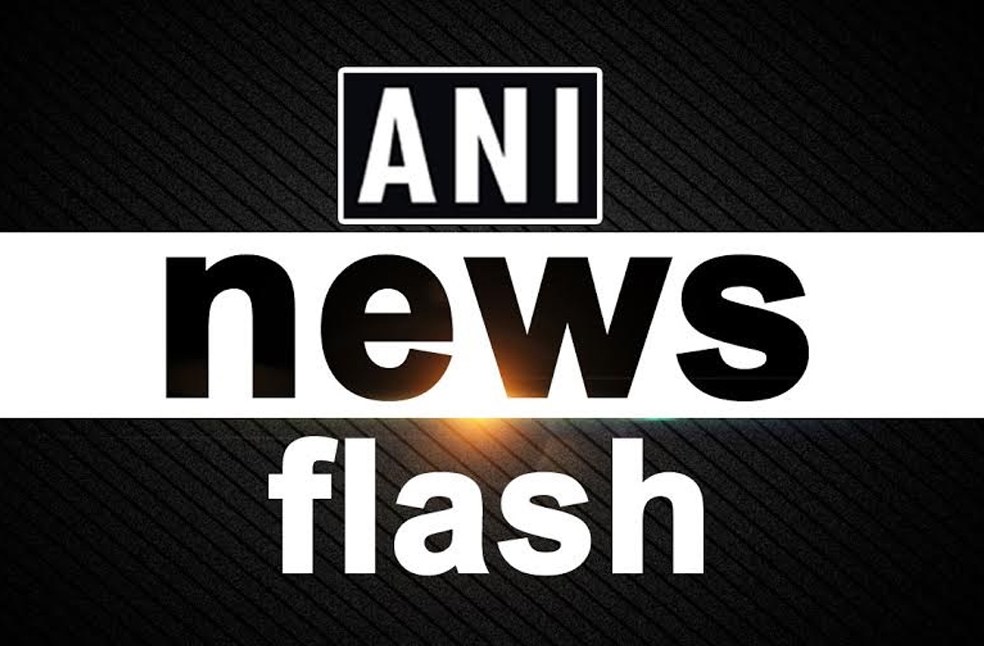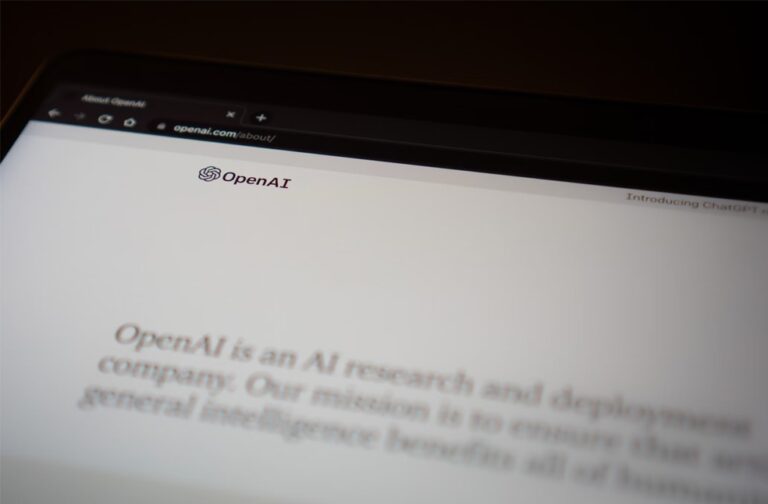New Delhi, India: India’s biggest news organizations are pursuing a lawsuit against OpenAI, the US startup behind ChatGPT, for allegedly using their content without authorization.
The case involves some of India’s most prominent publications, such as The Indian Express, The Hindu, India Today Group, NDTV (owned by billionaire Gautam Adani), and several others.
OpenAI has denied the allegations, stating that it uses “publicly available data” and adheres to “widely accepted legal precedents.”
The legal case was initially filed in November by Asia’s largest news agency, Asian News International (ANI), which claims that OpenAI used its copyrighted content to train ChatGPT without permission. ANI is seeking compensation of 20 million rupees ($230,000).
The case has gained significant attention as India has the largest user base for ChatGPT. Chatbots like ChatGPT are trained on massive datasets from the internet, including content from over 450 news channels and 17,000 newspapers in India, which has become central to the dispute.
OpenAI has faced at least a dozen similar lawsuits globally from publishers, artists, and news organizations who claim that OpenAI used their content without consent.
ANI’s lawsuit holds particular significance for ChatGPT’s expansion plans in India. The news agency claims that OpenAI used its content to enhance the chatbot’s capabilities, which benefited OpenAI without compensation.
ANI also argues that OpenAI blocked their content from being used but continued to gather it from other sources, enriching ChatGPT’s model unfairly.
Furthermore, ANI claims that the chatbot has even generated responses verbatim from its content and falsely attributed quotes to its agency, damaging its credibility.
ANI has asked the court to halt OpenAI’s use of its content and sought compensation for damages. OpenAI, in turn, has argued that since its servers are located outside India, the case should not be heard there, and it disputes ANI’s claims.
The lawsuit could have far-reaching implications for the AI industry globally. Lawyers suggest that the verdict could influence how AI models operate and clarify what content can be legally used to train such models.

A ruling in ANI’s favor might lead to more legal challenges and potentially require AI companies to enter licensing agreements with content creators. On the other hand, a decision in OpenAI’s favor could give companies more freedom to use copyrighted data to train AI systems.
In addition to ANI, the Federation of Indian Publishers and the Digital News Publishers Association (DNPA) have sought permission to join the case. They argue that the lawsuit’s outcome could affect the livelihoods of journalists and the entire news industry in India.
OpenAI has stated that it is in discussions with news organizations worldwide, including those in India, to work collaboratively and establish constructive partnerships.
The case also draws attention to the growing need for regulations around AI. Analysts believe the lawsuit will force a reassessment of how chatbots collect and use data, especially with the global push for AI regulation.
Several countries, including Italy and those in the European Union, have already begun taking steps to regulate AI technologies, and India is expected to follow suit with its own regulatory measures soon.
OpenAI CEO Sam Altman recently visited Delhi to discuss India’s potential role in the AI revolution and emphasized that India should be a leader in AI innovation.



